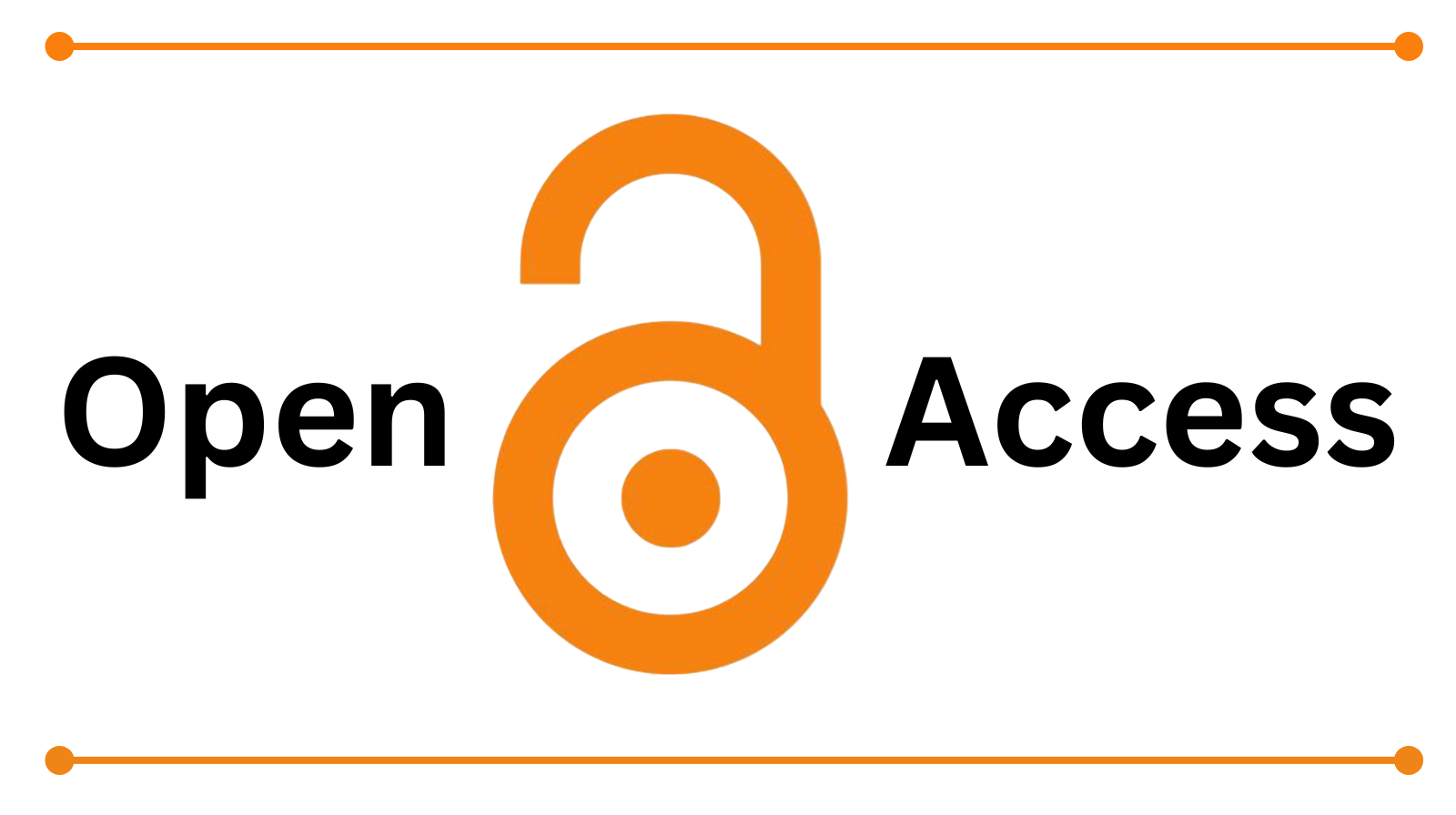Open Access Publishing
Open access publishing stands as the most effective tool of the 21st century for closing knowledge and information divides across different geographies, genders, generations, and social and economic strata, as it allows easy and free access to crucial information that can drive change. Access to free and relevant information has the ability to transform communities, society as a whole, and entire generations of people. By empowering local organizations and agencies, the advancement and adoption of information and communication technologies could enhance the drive for open access.
The emergence of open access platforms has revitalized the academic and intellectual communities by providing easy and free access to resources. It was only a few decades ago that researchers and students in remote areas could find scientifically validated information online.

Decentralization of Information
Access to information in publications that require subscriptions is entirely limited to those with the financial means; there existed significant and extreme disparities in addressing the increasing demands and urgent requirements of the research and academic sectors.
Scholar’s Commitment to Open Access Publishing
The global research community is increasingly embracing open access publishing as a cornerstone of equitable knowledge dissemination. Under this model, scholarly articles are made freely accessible without subscription barriers enabling users to download, print, distribute, and share content without restriction. Open access significantly amplifies the reach and impact of published research, fostering greater citation potential and enhancing the academic visibility and reputation of contributing authors.
Proper attribution remains vital, ensuring that intellectual property rights are respected even within an open framework. By fostering transparent and unrestricted knowledge exchange, open access plays a pivotal role in uniting scholars, institutions, and diverse communities around the world. It also enables broader representation across geographic, economic, and cultural divides, helping to address systemic inequities in research participation and access.
To realize its full potential, open access must be supported by thoughtfully designed systems and inclusive policies. These frameworks should prioritize equitable access, address the distinct needs of underserved populations, and ensure that benefits are shared fairly across all stakeholders. International collaboration in policy-making and infrastructure development will be key to sustaining inclusive growth, while also preserving the integrity of funding mechanisms that support research excellence.
All journals published under the flagship of Globalmeetx are within the streams of basic and applied sciences, Engineering and technology, Business and Management. We encourage publication of manuscripts from all the major categories. The journals of Globalmeetx Publisher remain open access to all and hence the users are free to download the published materials without any financial hustles. Our open access journals are furnished subject wise to offer user friendly and easy navigation facilities for users in extracting the researcher information.
|
 SUBMIT PAPER |
|
 SUBMIT PAPER |
|
 SUBMIT PAPER |
|
 ISSN : 3107-9857
SUBMIT PAPER
|
|
 ISSN : 3107-720X
SUBMIT PAPER
|
|
 SUBMIT PAPER |
|
 SUBMIT PAPER |
|
 SUBMIT PAPER |
|
 SUBMIT PAPER |
|
 SUBMIT PAPER |
|
 SUBMIT PAPER |
|
 SUBMIT PAPER |
|
 SUBMIT PAPER |
|
 SUBMIT PAPER |